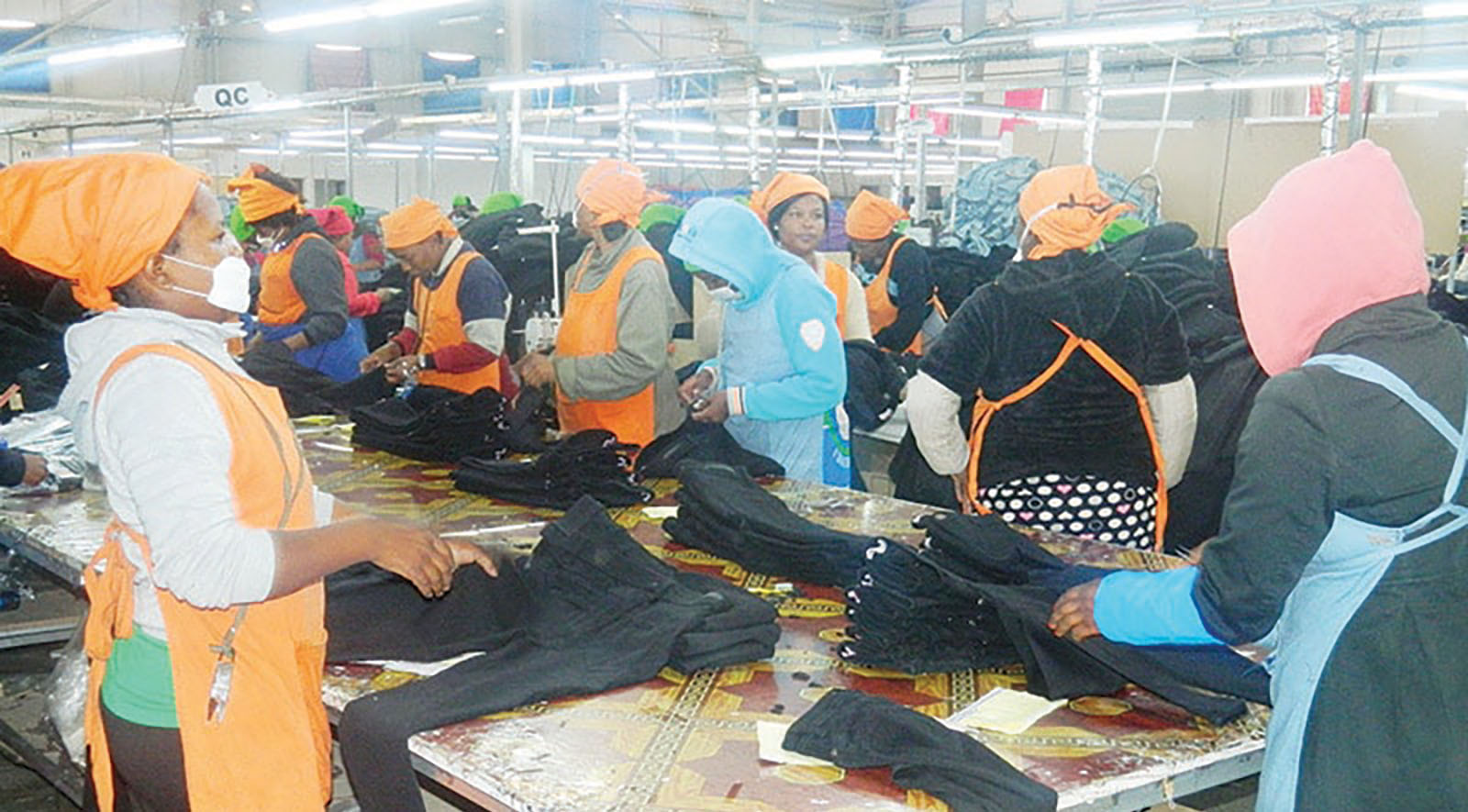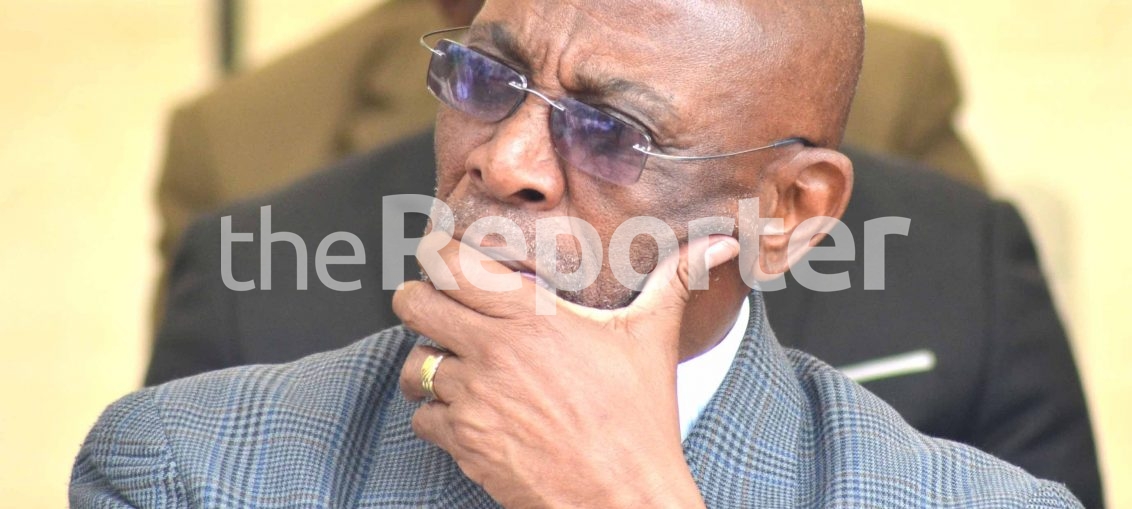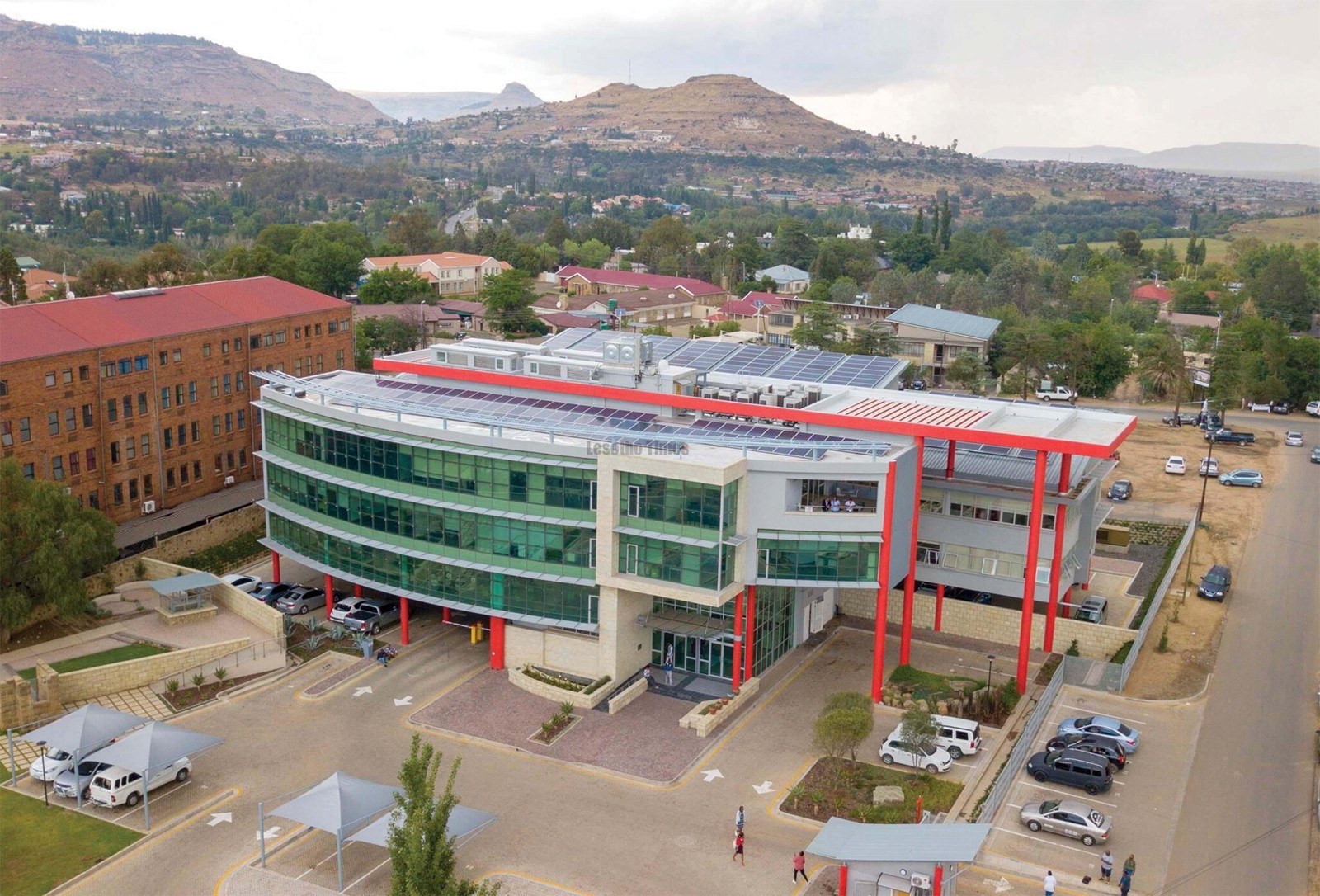Unions to petition Matekane

SHARE THIS PAGE!
A coalition of textile trade unions, construction, health, traditional leadership representatives and informal sector associations intend to petition Prime Minister Sam Matekane on September 17. They want him to address several issues affecting workers, including the alleged rampant sexual exploitation of factory workers, and the renewal of the African Growth and Opportunity Act (AGOA).
The unions comprising; National Clothing Textile, Independent Democratic Union of Lesotho (IDUL), Construction, Mining, Quarrying and Allied Workers Union (CMQ), United Textile Employees (UNITE), the Lesotho Workers Association (LEWA), National Clothing Textile and Allied Workers Union (NACTU), Lentsoe La Sechaba Workers Union and Letlotlo Workers Union, intend to pressure the government to take immediate diplomatic action and negotiate with the United States government to renew AGOA which is set to expire on September 30.
The unions have also urged the government to amend the Labour Code to extend rights to all workers, waged and unwaged, as well as the creation of inclusive platforms for policy engagement.
They further want the government to negotiate with US government to reverse the “harmful” 15 percent tariffs imposed on Lesotho’s exports to that country.
Speaking on behalf of the unions during a press conference yesterday, Secretary General of UNITE, Solong Senohe indicated that the uncertainty about the renewal of AGOA has already led to reduced orders and factory closures.
“We call on the government and the US legislators to urgently secure an extension of AGOA under fair and inclusive terms. AGOA’s extension is vital for economic growth, job creatin and preventing job losses for Basotho,” Senohe noted.
According to Senohe, without AGOA, Lesotho faces instability and a potential collapse of its export industry.
The imposition of punitive US tariffs from 50 percent to 15 percent has devastated the textile sector, leading to mass layoffs and factory shutdowns, he added.
This, he said, has significantly harmed women and youth, who make up the majority of the garment workforce, leading to widespread economic hardships, and reduced local spending. It therefore, necessitates drastic government action to mitigate the effects of job losses and provide support for effected communities.
“We demand diplomatic urgency to reverse these tariffs and protect Lesotho’s larger private employer,“ Senohe said.
He further called on the government to enforce labour rights across the textile sector, in particular to Quantum Apparel, where workers have faced intimidation, lockouts and denial of their rights to freely associate and organise.
Such violations result in workers facing harassment or unfair dismissal, Senohe indicated, citing that without freedom of association, workers are unable to form collective bodies to advocate for better wages, improved working condition and other rights, leaving them vulnerable to exploitation.
“Our workers must not be collateral damage in global trade negotiations. We will not be silent while our people suffer. We call on government, industry and international partners to act now. Decent work is not a privilege, it is a right,” Senohe said.
The unions further expressed their concerns on Chiefs salaries that remain unreviewed despite the Labour Court settlement reached between the Ministry of Local Government, Chieftainship, Home Affairs and Police and the LEWA, in August 2024.
They have also called on government to pay chiefs as per the labour court award and also to improve their working conditions including the provision of secure facilities and protective equipment.
Minister of Trade, Industry, and Business Development, Mokhethi Shelile, recently announced a crucial development in the country’s trade relations with the US. According to Shelile, the US government has agreed to impose a 15 percent tariff on Lesotho’s exports, a rate that is considered more favourable than the initial 50 percent tariff imposed in April.
Shelile noted that the 15 percent tariff rate, although higher than the negotiated 10 percent rate, is still a welcome relief for the industry.
He stressed the importance of nurturing the trade relationship between the two countries, given that the US is one of Lesotho’s main trading partners. In 2024, bilateral trade between the two reached $240 million, with Lesotho exporting goods worth $237 million to the US, accounting for about 10 percent of its GDP.



BEDCO, RSL to train youth entrepreneurs
5 days ago
Sehlabathebe power project to resume
7 days ago
Manufacturers cry foul over bricks imports
8 days ago
Unions to petition Matekane
8 days ago
Adv Phoofolo accorded state funeral
9 days ago
VCL report shows significant growth
11 days ago
Youth activist Masupha to launch book
12 days ago
Teen poet makes literary history
12 days ago